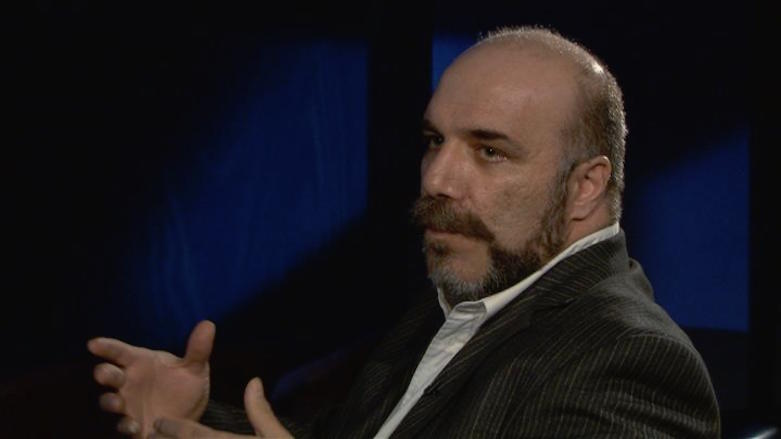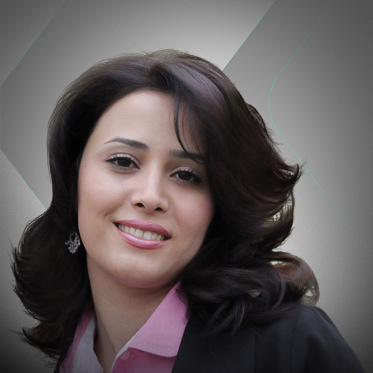Independence is beginning of greater accountability

LOS ANGELES, United States (Kurdistan24) – After a century of statelessness, Kurdistan Region, which hosts a portion of the estimated 40-50 million Kurdish population scattered across the Middle East, announced its resolution to move toward independence from Iraq.
A referendum on September 25, 2017, is to ask Kurdish citizens if they would say yes to having their own country.
Although Kurds have faced genocide for their statelessness, the announcement was received with a mixed response: From utter excitement for potentially achieving an age-old dream to absolute resistance. A group went so far as hiring an American PR firm to internationally oppose the prospect of secession.
Although a section of the opposition is fuelled by petty party politics and personal ambitions, others are genuinely concerned that a stronger government would be harder to reform. They argue that KRG had decades to improve people’s lives and it failed and so they believe having a state would not improve day to day life.
The parliament has been closed for two years. The government, criticized for corruption, mismanagement, and authoritarianism, is just recovering from economic crisis, war with IS, the influx of refugees and IDPs, and federal government’s budget cut.
Others argue that independence is a matter much bigger than one party's failures and success and should be supported as a cause above and beyond the interests of a limited group.
INDEPENDENCE, BEGINNING OF GREATER ACCOUNTABILITY
Political analyst Hemn Seyedi told Kurdistan 24 independence is a century-overdue remedy and is the beginning of a new chapter.
Statehood "is a correction, a remedy of a historical mistake with a 100-year delay," Seyedi told Kurdistan 24 from England.
He pointed out the Kurds were "forced to abandon their own actual independence twice and [instead] back an artificial state in 1920 and 2003."
Therefore, achieving independence would be realizing an age-old dream but it does not solve most of the problems.
"Indeed getting independence and having a state is just a step not the final step [in achieving] the welfare of a nation. It cannot help a corrupt regime to survive, but it makes the government more responsible before the international community, more accountable to its opposition and more vulnerable to the public opinion," he explained.
LIBERALS and MARXISTS OPPOSITION TO STATEHOOD
Speaking of those who oppose the referendum, Seyedi Seyedi who recently graduated from Birkbeck, the University of London with a Master's Degree in "The Middle East in Global Politics," explained the main critiques on independence and building a new nation-state come from two different views Liberalism and Marxism.
Liberals are concerned with states' tendency to unify and assimilate, Seyedi said, adding that Marxists warn against centralization and aggregation of power and wealth in the upper or ruling class.
"Both critiques are valid but they cannot prevent the Kurds from having their own state in a world which is divided between 193 other states and its international system is designed based on nation-states," Seyedi pointed out.
Kurdish analyst recognized the inherent dangers in building a state and yet acknowledged that given the current laws and regulations, the disadvantages of not having a state is by far larger that having one.
"A world in which the system, the international relations, global trade organizations, international laws and other aspects all work with the principle of nation-state and with the recognition of state as its main unit, then no one can force the Kurds to scarify their interests because of liberals’ and Marxists’ concerns," Kurdish affairs analyst elaborated.
Once independence is achieved, Seyedi said, it is important to pressure Kurdish leaders to avoid the negative side effects of state-building.
Looking at successful examples such as Switzerland, Belgium or Canada, KRG can ensure diversity and avoid unifications, he said.
"Also there are some nation-states whose leaders and politicians do care about the welfare of their people. Kurdish leaders, while building their state, can learn from Scandinavians and do not allow a few to seize the wealth and power; provide services and welfare for the public," Seyedi added.
Speaking about Iranian Kurds, Seyedi said they support failed reformists mostly because they have no any other alternative.
Facts such as having a divided opposition, being located in a region plunged into the war, help Iran regime to impose their ideological and sectarian policies without much resistance from the population, Seyedi said.
"Iran’s security and propaganda strategy in comparing Iran’s internal stability with neighboring countries is successful and keeps people silent," he said.
Although the turnout for election has been less in the Kurdish region than the rest of Iran, Iranian Kurds mainly show the same behavior as the rest of the country and support Rouhani.
"The economic hardship is tougher in Kurdistan, the security measure is stronger in Kurdistan, and also Kurdish opposition has been even more divided in the last decade," Seyedi lamented.
"But I believe Iranian authorities cannot carry this policy for a long time internally, and they will also face many new challenges externally specifically from Trump administration," Seyedi concluded.
